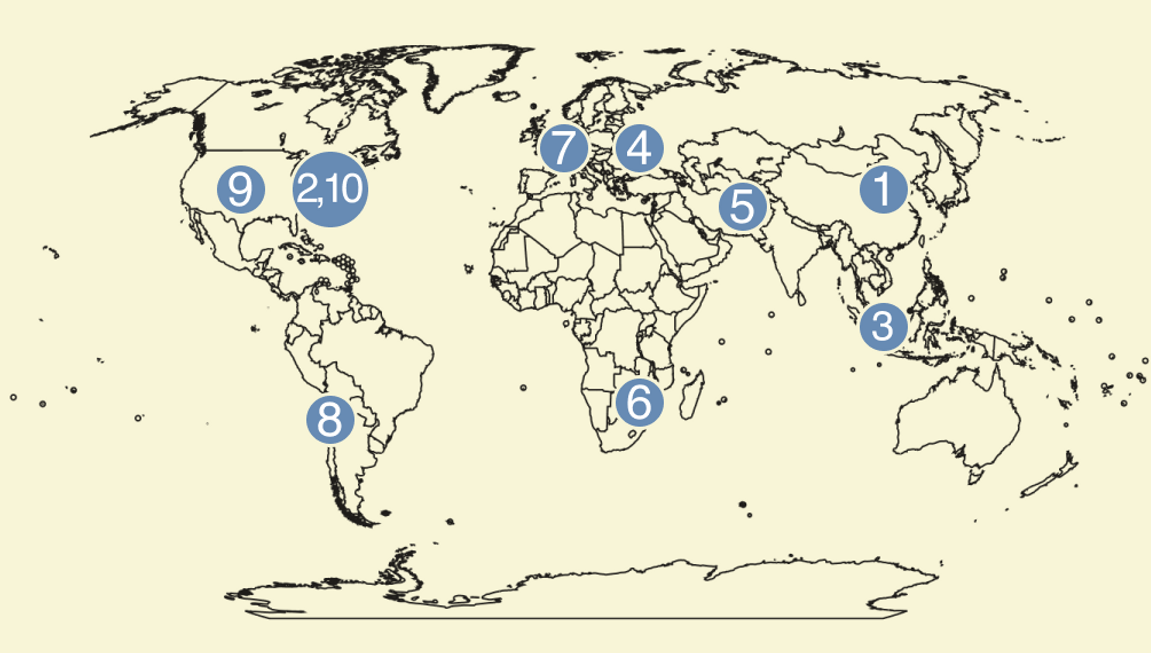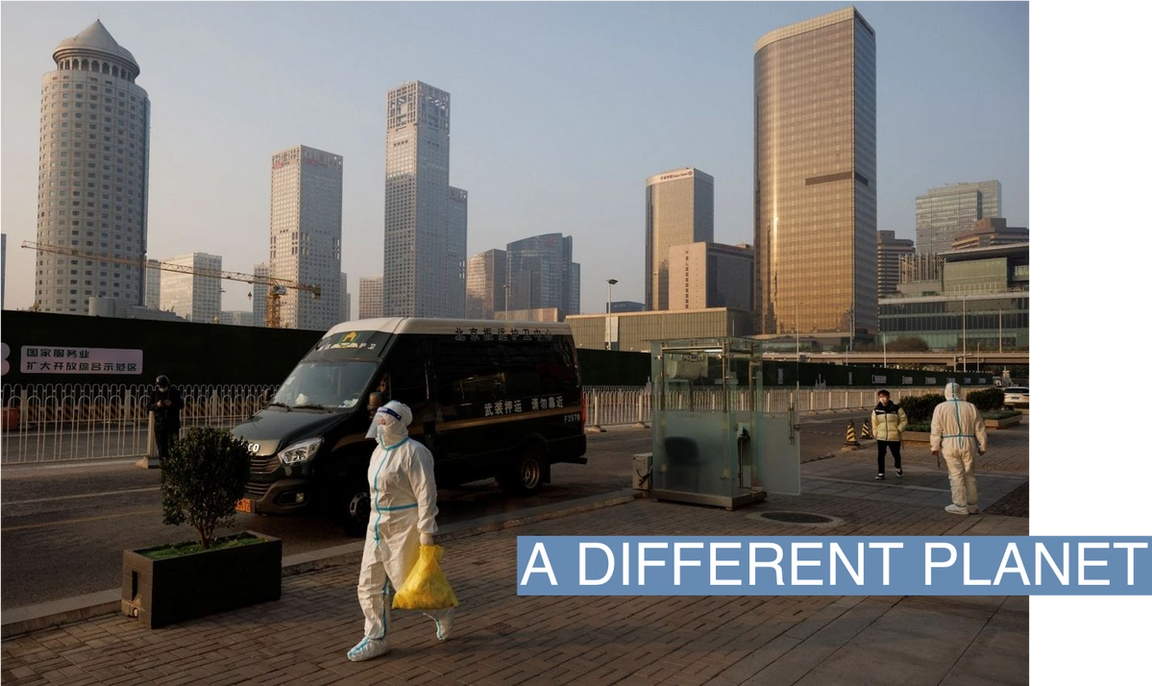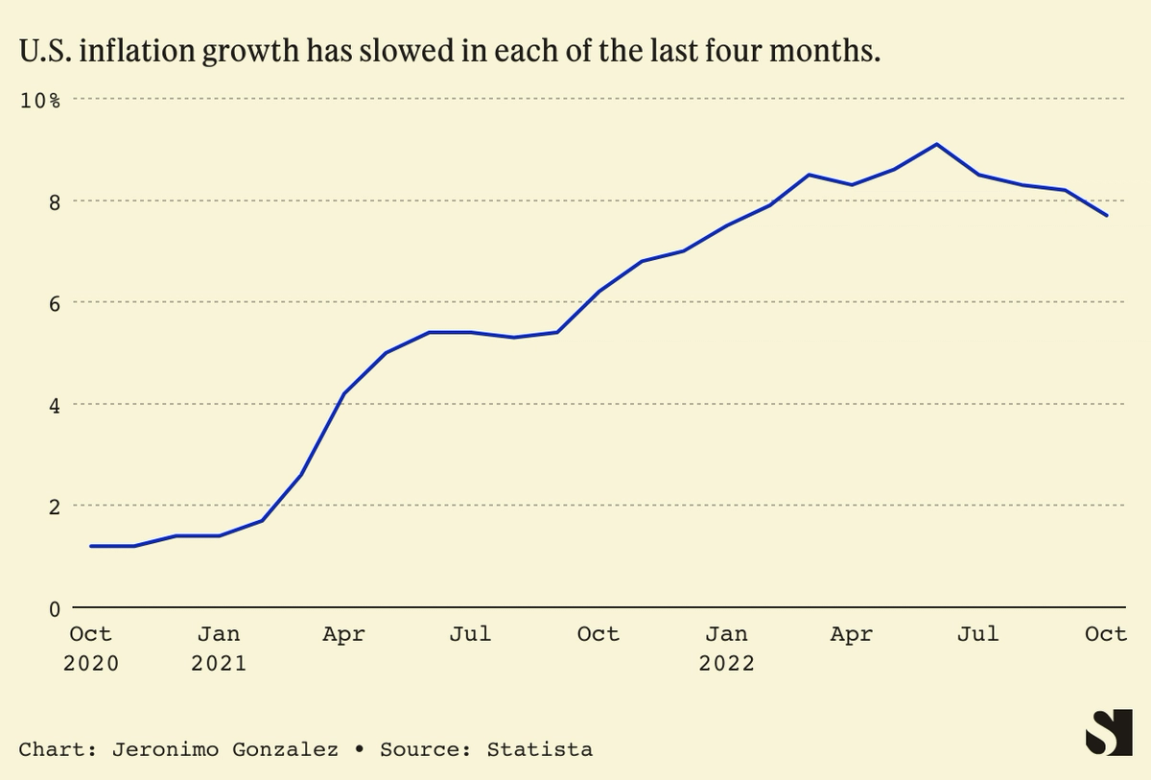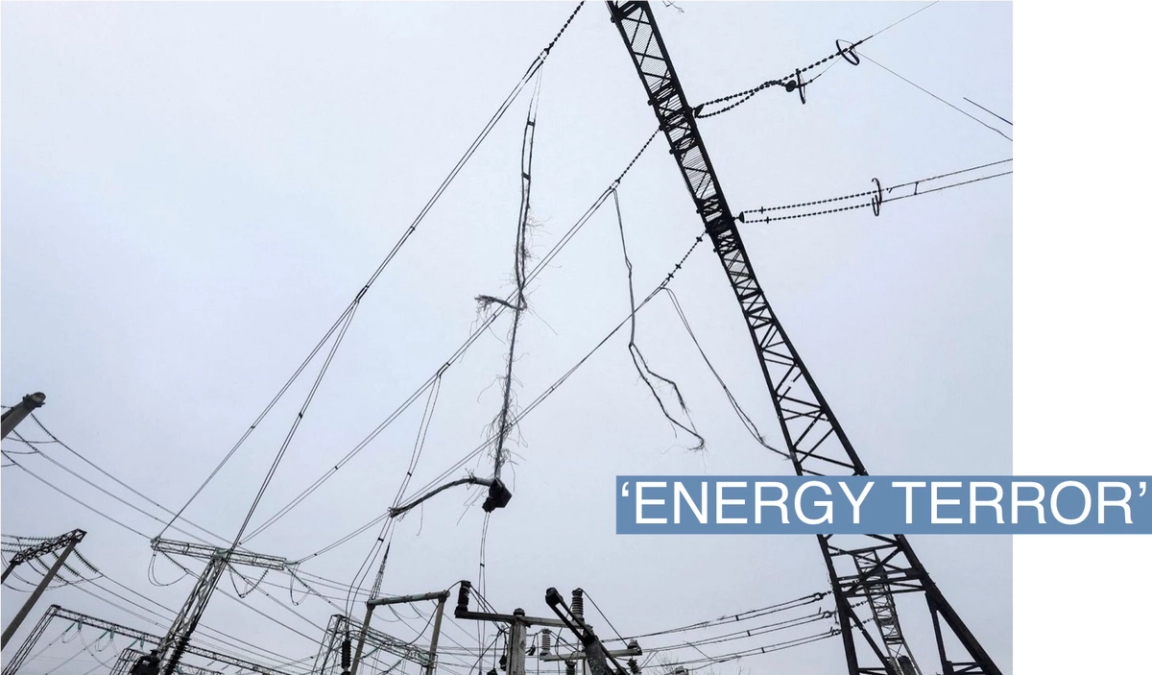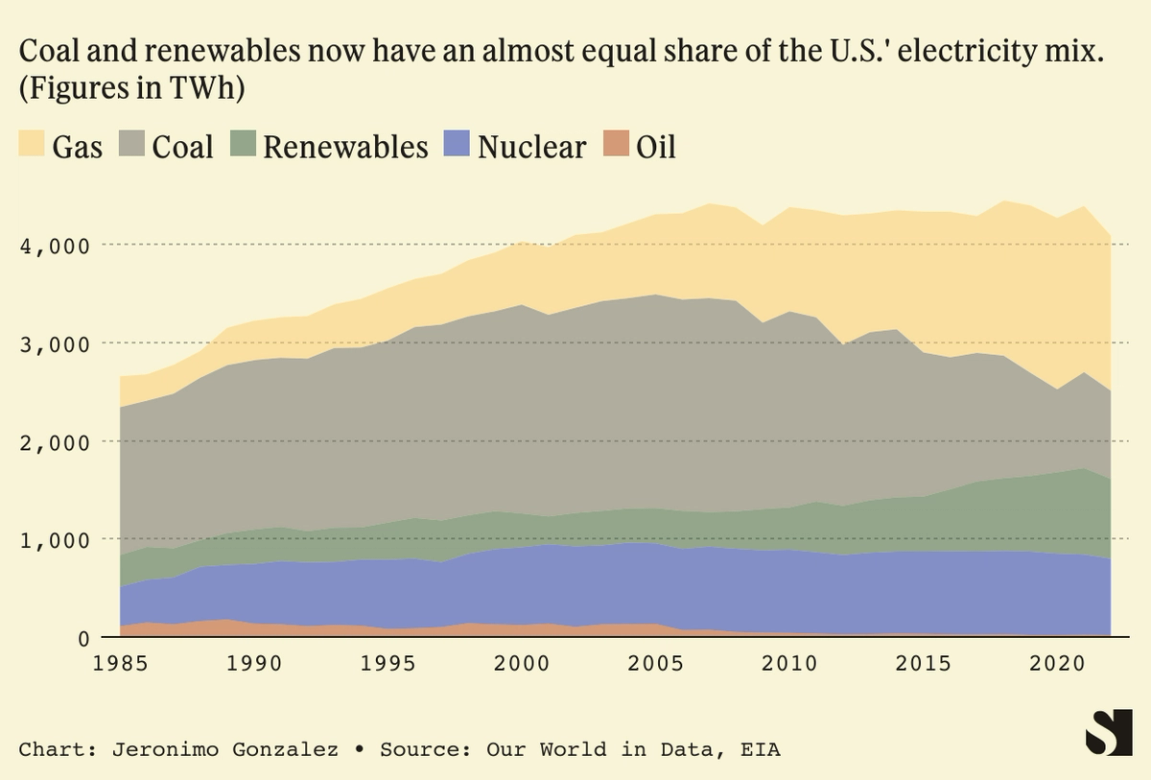 Paul Szoldra is the founder and editor of The Ruck, a weekly dispatch on national security. Are the United States and China about to go to war over Taiwan? Speculation over a potential war in the future has been replaced by talk that it may happen soon: The U.S. Chief of Naval Operations even suggested it could happen next year. As the Washington consensus hardens against China in the runup to the 2024 U.S. elections, such talk will likely proliferate. Despite a troubling situation along the Taiwan Strait, speculation is just that. Taiwan will be under considerable pressure from Beijing in the coming years — especially during its own presidential race in 2024 — but an invasion is not coming. At least not yet. The “enormous visible movement” required before such an attack would be pretty obvious. We’d know well in advance — much as we did with Russia’s invasion of Ukraine — that an assault was coming. Steps would include heightened propaganda and measures to insulate the Chinese economy from Western sanctions, rocket and missile production surges, and recognizable military equipment and personnel movements toward the coast. Chinese leader Xi Jinping’s recent consolidation of power and China’s growing military strength certainly make war more likely. But an amphibious invasion or blockade of Taiwan would place Xi at considerable risk, and so far, the “strategic ambiguity” regarding a U.S. response has kept Beijing in check. It may not hold forever, but for now, it does. | 

